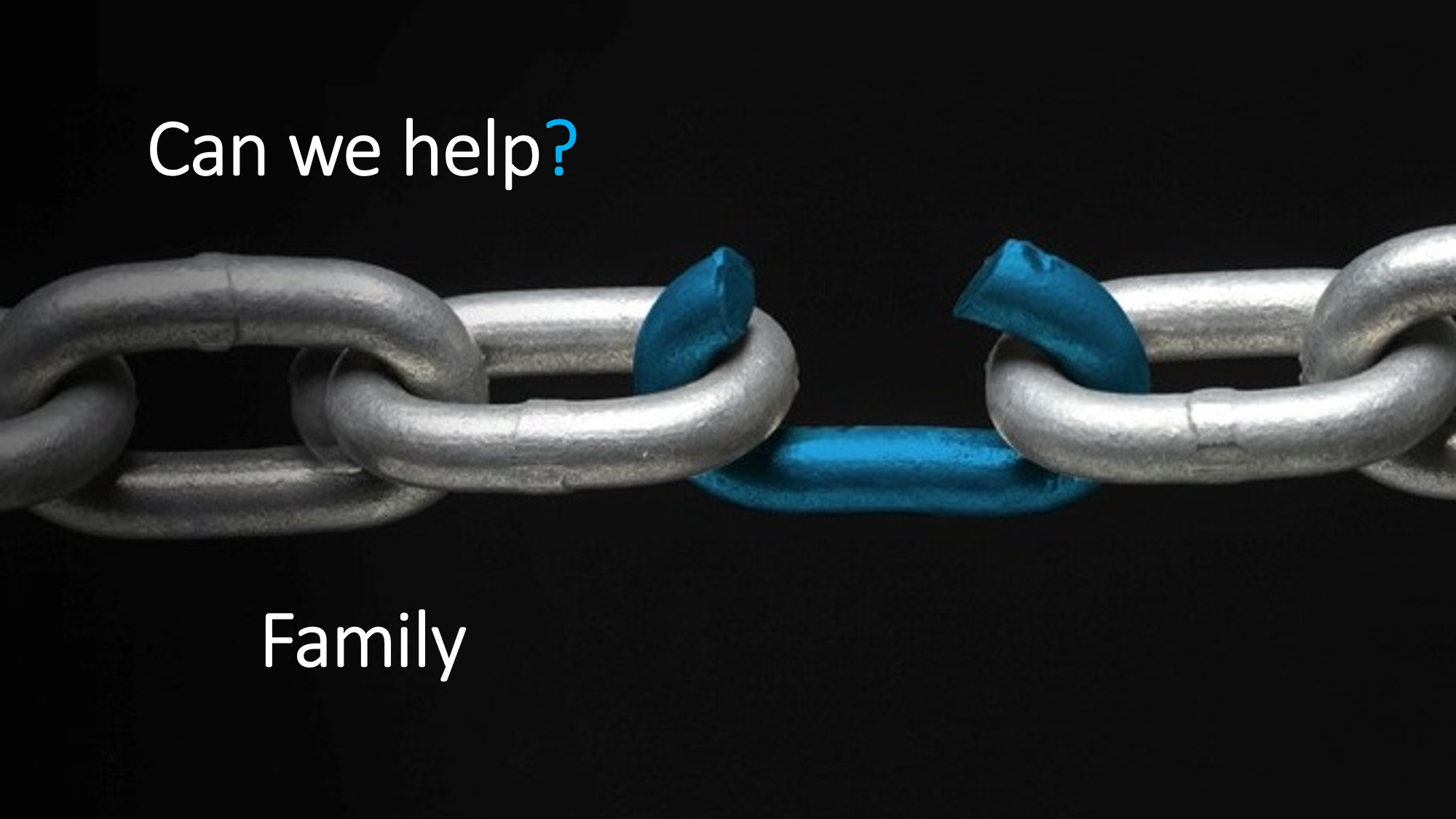Widespread belief in the myth of common law marriage is putting millions of cohabiting couples at risk of financial hardship if their relationship breaks down.
The warning comes from the family law group, Resolution, after it commissioned a survey showing that most cohabitants don’t realise that they don’t have the same automatic rights as married couples.
The survey revealed that:
· two-thirds of people in cohabiting relationships are unaware that there is no such as thing as ‘common-law marriage’ in this country
· four in five cohabitants agree that the legal rights of cohabiting couples who separate are unclear
· 79% of the public agree that there is a need for greater legal protection for unmarried couples upon separation
· 84% of the public agree that the Government should take steps to make cohabiting couples aware that they don’t have the same legal protection as married couples.
Resolution says a new legal framework for rights and responsibilities should be introduced as soon as possible.
Its chairman, Nigel Shepherd, said: “The poll shows that many still believe in the myth that they will get financial rights through ‘common-law marriage’. This means millions of cohabiting couples are unaware that they don’t have automatic claims, for example on the property they live in, if they split up. This makes it less likely they’ll take steps to protect themselves.
In many cases, this lack of protection affects women more than men, as they are still more likely to have taken time off work to raise children.
The Government must listen to the public, legal professionals and a growing number of politicians who all agree that we need reform to provide basic rights to cohabiting couples should they separate.
“Society has changed – it’s time for our laws to catch up.”
Under current law it’s possible to live with someone for decades and even have children together and then simply walk away without taking any responsibility for a former partner if the relationship breaks down.
In the absence of any automatic legal protection, many couples draw up living together agreements that state in advance how their assets should be divided if their relationship fails. A few years ago, the government started a campaign urging couples to draw up such agreements to cover things like finances, property and pensions.
Ownership of the family home is one of the most important issues. If it is in just one person’s name, then the other partner could lose out. You may want to consider owning it as joint tenants or tenants in common which will make a huge difference to your rights.
If you don’t already have a will then you should draw one up as soon as possible. Otherwise your estate could pass to your relatives rather than your partner.
Unmarried fathers don’t automatically have parental responsibility for their children, but they can acquire it with the agreement of the mother or by applying to a court. It is clearly better to deal with the matter while your relationship is strong rather than wait until after it has broken down.
Some people may feel embarrassed at first to be making such legal arrangements as it seems that they don’t fully trust each other. However, such concerns soon disappear, and most couples end up feeling their relationship is stronger because both partners feel more secure.
Please contact us if you would like more information about living together agreements or any aspect of family law on 01656 645525 or family@berrysmith.com
